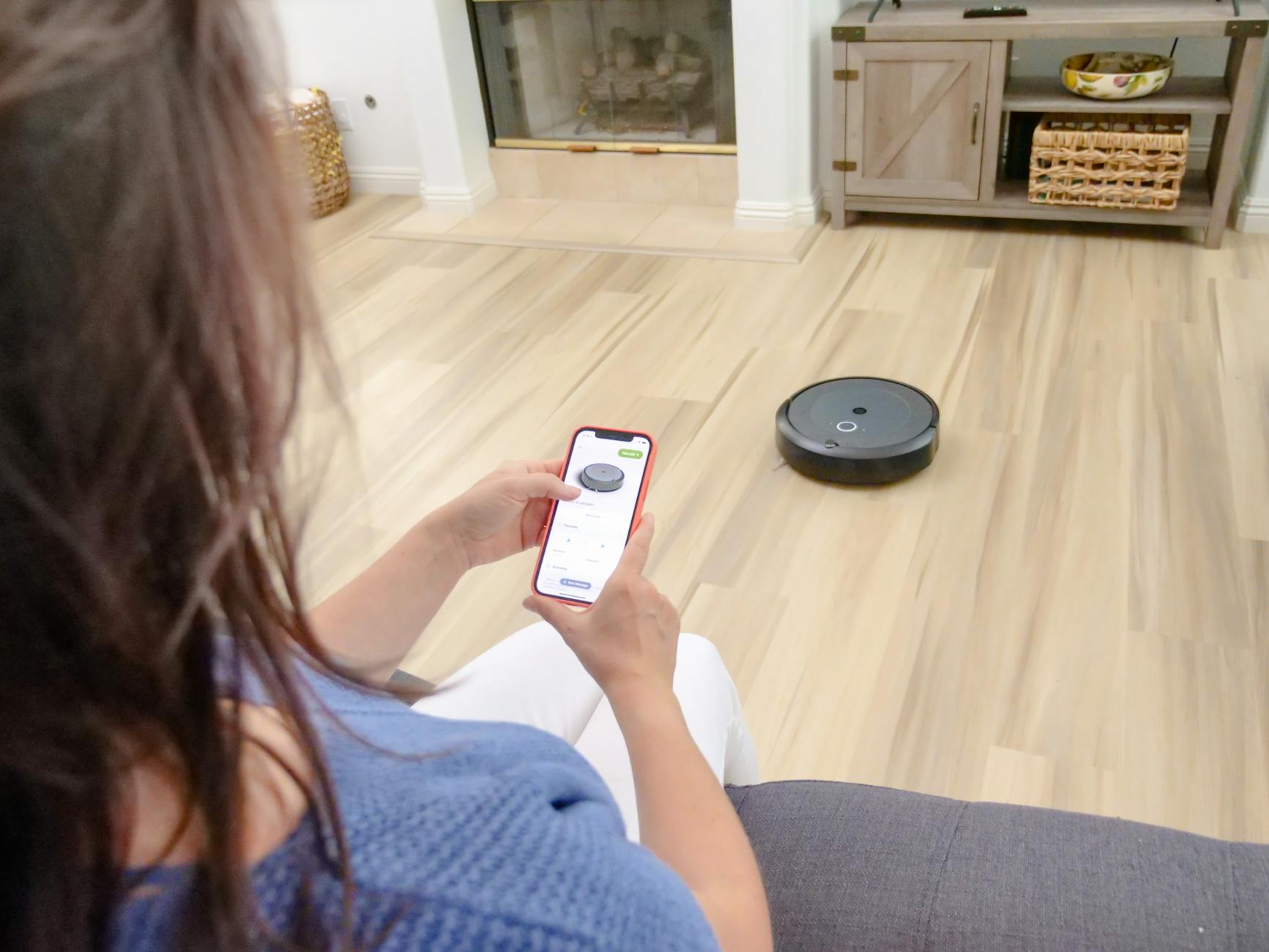GPT-5 Fuels Lifestyle AI Boom in Korea | Sora’s Wild Social Debut & OpenAI’s Japan Partnership

Key Takeaways
- OpenAI’s GPT-5 is driving a “Lifestyle AI” revolution in Korea, powering Wrtn to scale its applications to 6.5 million users and signaling a major expansion across East Asia.
- OpenAI’s new social media platform, Sora, is gaining traction for its bizarre and creative AI-generated video feed, showcasing everything from anime Jesus to Sam Altman memes.
- OpenAI announced a strategic collaboration with Japan’s Digital Agency, focusing on integrating generative AI into public services and advancing global AI governance.
- A critical discussion on Hacker News questions OpenAI’s long-term market position, labeling it a “boring, desperate AI startup.”
Main Developments
October 4th, 2025 marks a significant inflection point for artificial intelligence, spearheaded by OpenAI’s latest advancements. The company’s highly anticipated GPT-5 model has already begun to reshape the digital landscape in East Asia, as evidenced by its strategic deployment with Korean AI firm, Wrtn. Wrtn has successfully leveraged GPT-5 to create what it terms ‘Lifestyle AI,’ a suite of applications blending productivity, creativity, and learning, now serving an impressive 6.5 million users in Korea. This rapid scaling and a planned expansion across the broader East Asian market underscore the immediate and tangible impact of GPT-5, demonstrating its capability to move beyond enterprise solutions into pervasive consumer-facing tools that integrate seamlessly into daily life.
While GPT-5 demonstrates OpenAI’s prowess in foundational models, the company is also making waves on the consumer front with its new social media application, Sora. Described by The Verge AI as a ‘slippery slop’ of content, Sora’s feed is a surreal mosaic of AI-generated videos. Users are reportedly encountering everything from an anime interpretation of Jesus Christ flipping tables to OpenAI employees in ‘Hamilton’ costumes, and even viral thirst-trap TikTok dances. The platform also features more mundane, yet eerily realistic, clips like news anchors delivering stories and even satirical takes on OpenAI CEO Sam Altman, depicting him in scenarios ranging from ‘stealing GPUs on CCTV’ to ‘crying.’ This eclectic and often bizarre content highlights Sora’s unique position in the social media ecosystem, showcasing the boundless (and sometimes chaotic) creativity of generative AI in a user-facing, shareable format. It positions OpenAI not just as a developer of powerful backend models, but as a player directly influencing digital culture and content consumption.
Beyond product launches, OpenAI continues to bolster its global strategic positioning. The company announced a significant collaboration with Japan’s Digital Agency. This partnership aims to advance the integration of generative AI into public services, a move that could streamline governmental operations and enhance citizen experiences. Crucially, the alliance also seeks to support international AI governance frameworks and promote the safe and trustworthy adoption of AI worldwide. This collaboration signifies OpenAI’s commitment to shaping the ethical and regulatory landscape of AI on a global scale, an increasingly vital aspect for any dominant AI player.
Meanwhile, the broader AI ecosystem continues to innovate. The Google AI Blog highlighted a fascinating collaboration between iconic industrial designer Ross Lovegrove and Google DeepMind, demonstrating how generative AI is moving “From sketches to prototype” in the design world. This partnership exemplifies AI’s growing influence in creative industries, enabling rapid ideation and iterative design processes. However, not all sentiment surrounding leading AI companies is unequivocally positive. A Hacker News article, provocatively titled “OpenAI Is Just Another Boring, Desperate AI Startup,” ignited a lively discussion. With nearly 200 points and over 200 comments, the piece reflects a growing undercurrent of skepticism and critical analysis regarding OpenAI’s strategic direction and market position, suggesting that despite its impressive technological leaps, the company is not immune to scrutiny from the tech community.
Analyst’s View
Today’s news paints a vivid picture of OpenAI’s ambitious, multi-pronged strategy. The success of GPT-5 powering ‘Lifestyle AI’ for millions in Korea signals a pivotal shift from abstract model capabilities to concrete, scalable consumer applications. This push, coupled with the launch of Sora, indicates OpenAI’s clear intent to dominate both the foundational model layer and the end-user product space. However, the juxtaposition of these consumer-facing triumphs with the strategic Japanese partnership reveals a company deeply invested in global governance and responsible AI integration, attempting to shape the regulatory environment as much as it shapes the technological one. The Hacker News critique, while sharp, serves as a crucial reminder that rapid innovation also invites intense scrutiny and competition. The challenge for OpenAI, and indeed the entire AI industry, will be to maintain this breakneck pace of development while navigating complex ethical, regulatory, and competitive landscapes.
Source Material
- I’ve fallen into Sora’s slippery slop (The Verge AI)
- OpenAI Is Just Another Boring, Desperate AI Startup (Hacker News (AI Search))
- OpenAI announces strategic collaboration with Japan’s Digital Agency (OpenAI Blog)
- From sketches to prototype: Designing with generative AI (Google AI Blog)
- With GPT-5, Wrtn builds lifestyle AI for millions in Korea (OpenAI Blog)